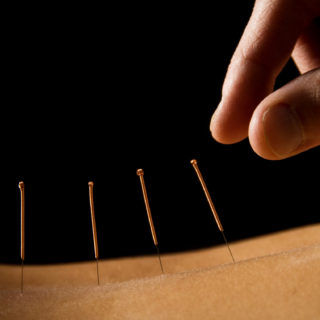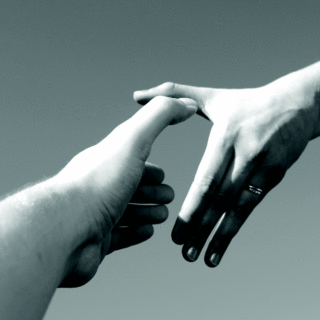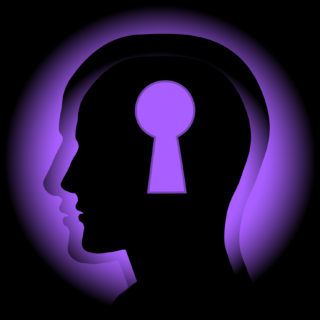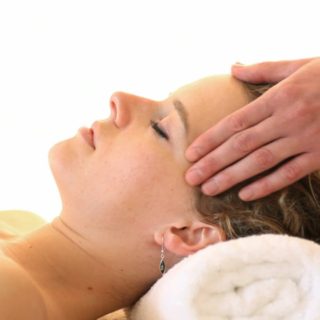
The one comment I hear most often from my patients is, “That was so relaxing!” Acupuncture has an incredible ability to soothe muscles and nerves, resetting and refreshing the whole system. While patients feel relaxed regardless of the condition they come in to get treatment for, the ability of acupuncture to calm and release the system is particularly powerful as a treatment for anxiety.
How does this work? The mechanisms by which acupuncture works are complex. From a Chinese perspective, anxiety results from an imbalance in certain organ systems, usually the heart and lung systems. The heart system relies on a balance of the nourishing yin of rest, beauty and stillness and the firy yang of thought, effort, and struggle. When the balance tilts too much towards yang, as is so often the case today, the yin is “consumed” and the yang of the heart blazes as an agitated fire instead of a steady illumination. Acupuncture can calm the heat of the heart and nourish the internal yin.
The Lung system governs the balance of energy that we take in from our external environment and how effectively we let go of that energy again. When the lung system becomes congested and agitated the flow of energy in the whole body, and particularly the upper body, shoulders and neck, becomes tense and uncomfortable. Acupuncture can soothe the energy flow in the lung system, soothing the upper body and returning a sense of groundedness and relaxation.
From a Western perspective, acupuncture is known to have a number of effects on both the central and peripheral nervous system. Acupuncture stimulates the release of dopamine and endorphins, relaxes tense muscles, re-regulates paraspinal and peripheral nerves, decreases inflammation, and changes the functioning of the brain.
As well as Acupuncture, Chinese Medicine also offers the tools of Qigong (energy movements) and Neidan (meditation) to help. If you have been struggling with anxiety or related disorders, and would like to talk more about any of these treatment modalities, please contact me at [email protected] .
Wishing you well,
Matthew Gindin, R.Ac.


















No Comments
Be the first to start a conversation